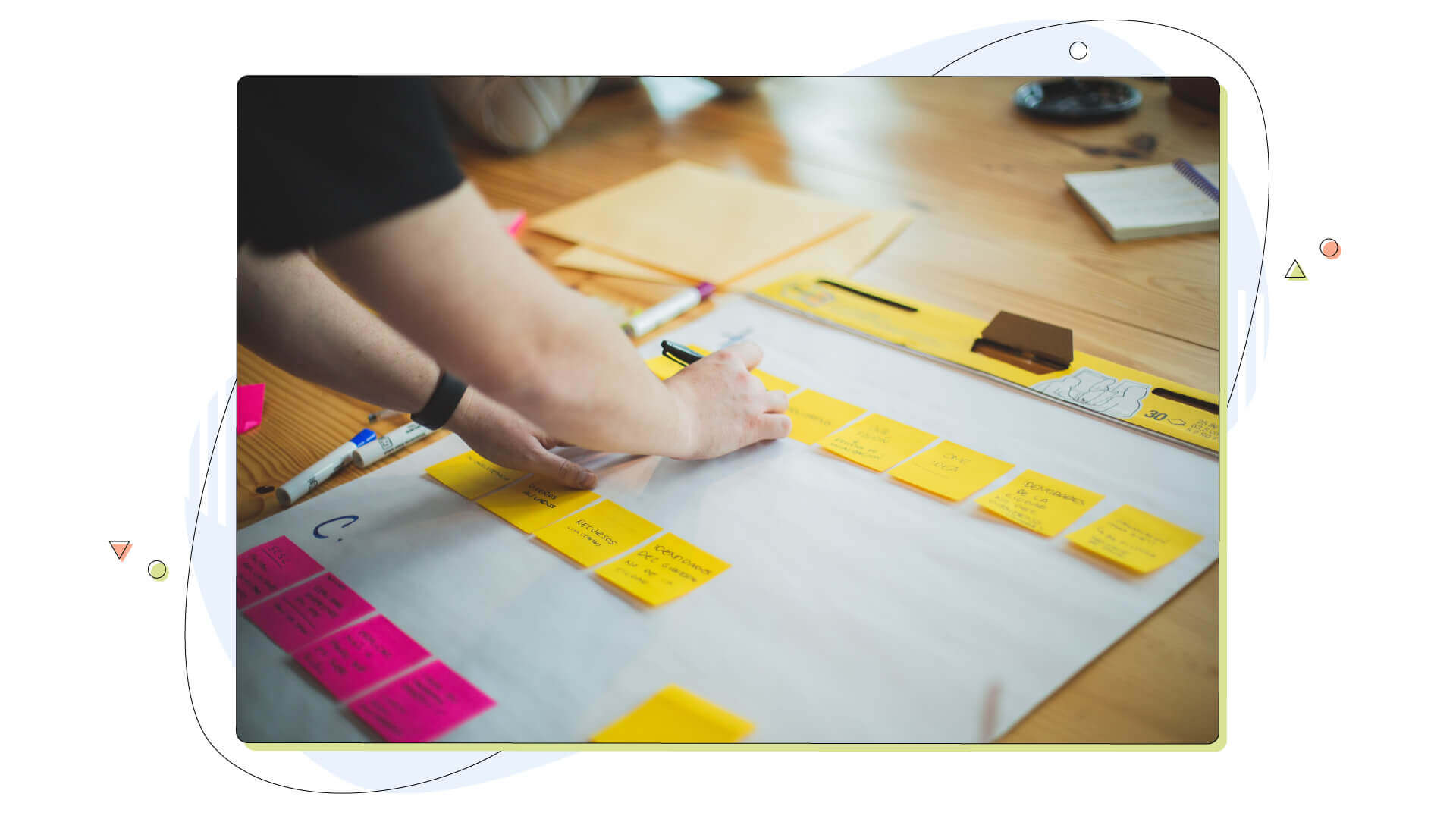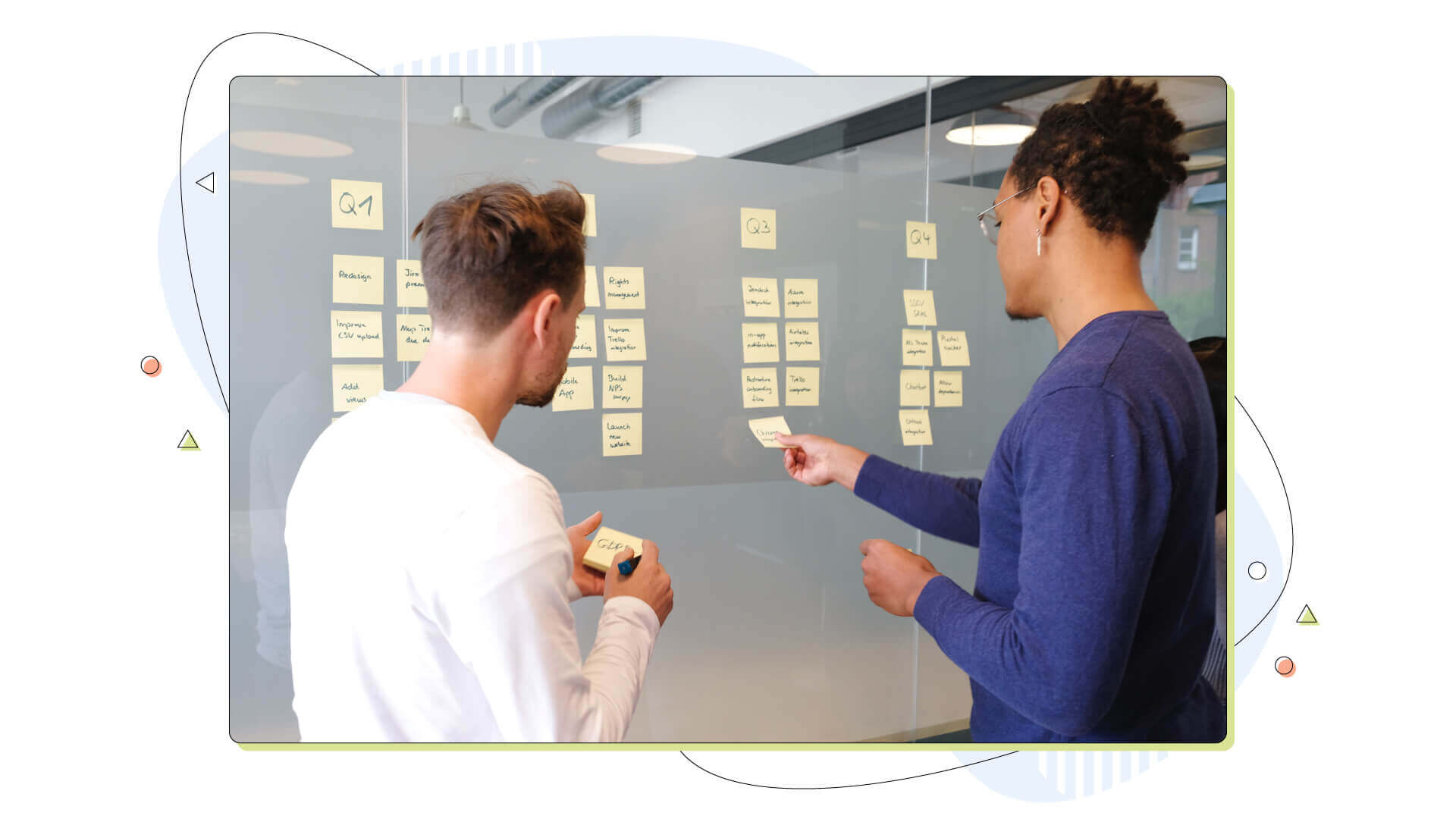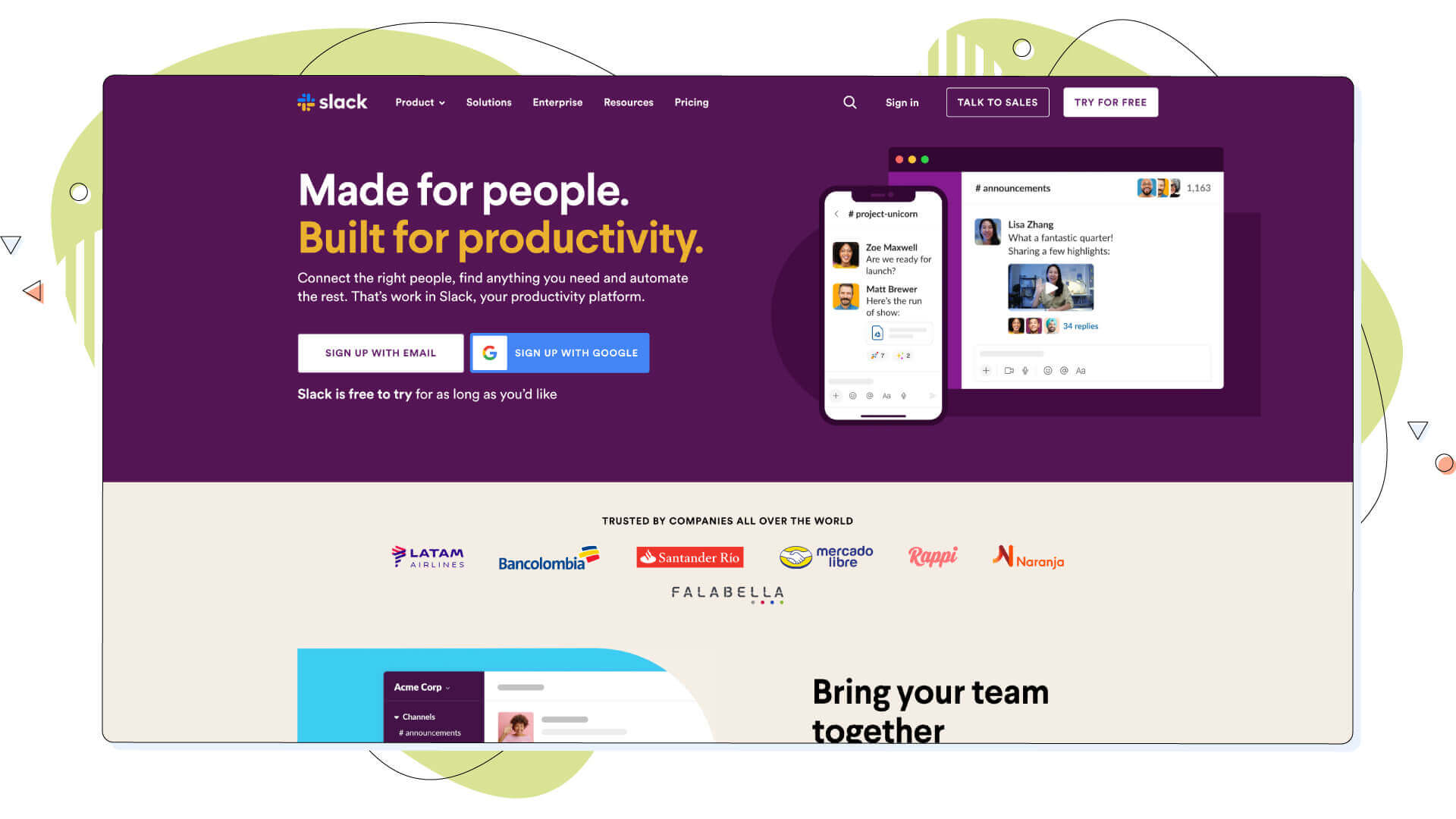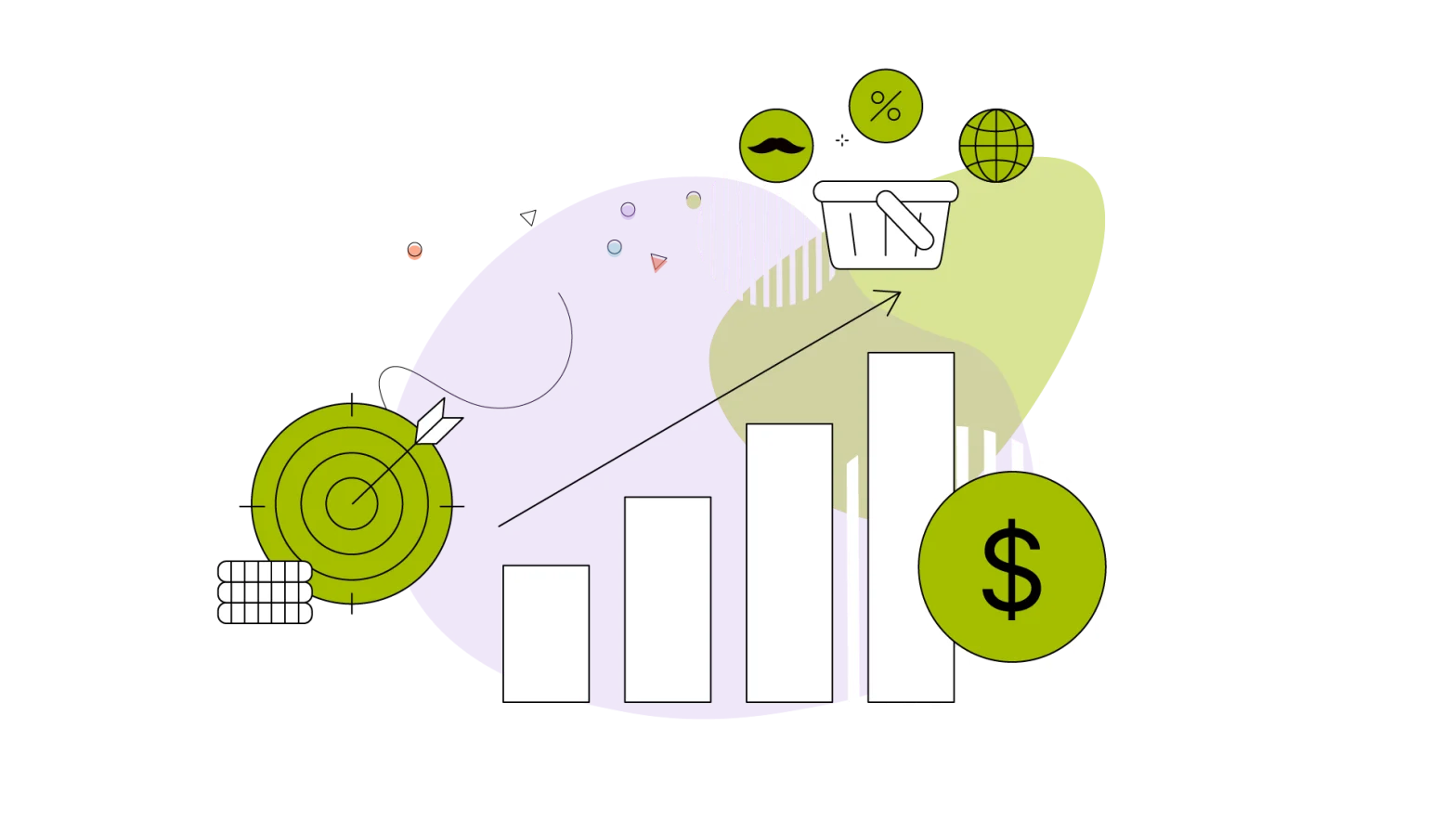The world of business and innovation is more dynamic than ever. To stay competitive and achieve success in this fast-paced landscape, effective project management is a crucial component.
The importance of project management has only increased in recent years. Growing project complexity has made project management an essential tool in gluing all those pieces together, ensuring the best possible communication between different departments and teams. And as we navigate future uncertainties, having a solid project management plan can help mitigate risks and keep businesses on track.
So, if you’re new to project management or looking to sharpen your skills, you’ve come to the right place. This guide will provide a complete overview of project management in 2024, including its processes, techniques, and tools. Whether you’re a business owner, manager, project management professional, team member, or leader, this guide will help you navigate the world of project management and achieve your goals. Let’s dive in!
- What is Project Management?
- Key Project Management Techniques
- Popular Project Management Software and Platforms
- Collaboration Tools and Project Management Software
- Managing Team Members
- Common Project Management Mistakes (to Avoid)

What is Project Management?
At its core, project management is the art of organizing and overseeing resources to bring a specific project to completion within a predetermined scope, time, and budget. It involves planning, executing, and monitoring a project from start to finish, ensuring that everything runs smoothly and efficiently. We could say that project management is always around us and is highly visible in many of our daily activities. Of course, this means many project management types and approaches, depending on the project’s nature.
Now that we understand the project management framework and why it’s essential, let’s dive into the project management process. What do we do when we manage a project?
The project management process or life cycle is a structured approach to managing projects involving a series of interrelated steps. It’s a systematic way of organizing resources, setting goals, and achieving them within a predetermined time frame and budget.
The project management process consists of five stages, each with its objectives, deliverables, and outcomes. These stages include the project creation, the planning phase, execution, monitoring and control, and lastly, closure.
Creating the Project
The first stage of the project management process is actually creating the project!
During this stage, the project manager ensures the project can be done. The project manager works with the project sponsor or client to identify the project’s goals, objectives, and scope. This stage is critical because it sets the foundation for the rest of the project management phases.
The Planning Stage
After that, we get to the planning process. During this project planning stage, the project manager develops a detailed project plan that outlines the tasks, resources, and timeline required to complete the project. The project plan serves as a roadmap for the entire project and is used to monitor progress and make adjustments as necessary.

Time to Execute the Plan!
Once the planning stage is complete, it’s time for the execution phase. This is the stage where the project plan is put into action. The project team carries out the tasks outlined in the plan, and the project manager monitors progress to ensure everything is on track.
Monitoring and Control
The project manager enters the monitoring and control stage as the project progresses. During this stage, the project manager evaluates progress against the project plan and makes adjustments as necessary. The goal is to ensure the project stays on track and meets its objectives.
The Closure Stage
Finally, we come to the closure stage. This is the stage where the project is completed, and the project team delivers the final product or service to the client. The project manager conducts a post-project evaluation to assess the project’s success and identify improvement areas.
The project management process is a critical aspect of project management. It provides a structured approach to managing projects, from initiation to closure. By following these five stages, project managers can ensure their projects are completed on time, within budget, and to the satisfaction of their clients.

Key Project Management Techniques
Having understood the project management process, let’s now review some of the key techniques proven to bring success in any given situation. These tried-and-true methods have repeatedly shown positive outcomes when applied prudently, but their names may often vary.
Lean Project Management
Lean project management refers to the use of lean manufacturing principles in project management. Its main objective is to optimize value and minimize waste as much as possible. Toyota used these principles in the energy crisis in the 70s. This technique is especially useful in manufacturing and service industries, where process efficiency is critical.
Critical Path Method
This technique is used by project teams to determine the critical path of a project, which is the sequence of activities that must be completed on time to ensure the project is done within the given timeframe. The Critical Path Method is a valuable tool for project managers, as it allows them to identify potential delays, adjust the project schedule, and plan accordingly.
Agile Project Management
Next up is agile methodology. Agile is a project management approach that emphasizes flexibility, collaboration, and rapid iteration. Agile is ideal for projects that require frequent adjustments to the project plan, as it allows teams to respond quickly to changes in the project environment. This technique is especially useful for software development projects, where requirements may change rapidly.
Waterfall Project Management
Waterfall is another popular project management technique in software development projects. It’s a linear approach to other project management methodologies, where each phase must be completed before the next one begins. This technique is useful for projects where the requirements are well-defined, and the project scope is fixed.
The Six Sigma Approach
Six Sigma is a data-driven approach to project management that focuses on eliminating defects and reducing variability. Six Sigma is based on statistical analysis and is used to improve the quality of products and services. This technique is especially useful in manufacturing and healthcare industries, where quality management and control are critical.
These project management techniques are valuable and can help project managers succeed in their projects. Using these techniques, project managers can optimize their project management approach and achieve their project goals, but the use of each one depends on the team’s knowledge and experience.

Popular Project Management Software and Platforms
Besides project management techniques, many project management resources, tools, and technologies can help project managers in their daily tasks.
This software is designed to help project managers manage their tasks more efficiently. Several project management software options are available in the market, but some of the most popular ones include Trello, Jira, Asana, Basecamp, and Microsoft Project.
Trello and Jira
Trello and Jira are popular project management software tools ideal for agile project management. Trello is a visual project management tool that uses a board and card system to help users manage their projects. Jira is a software development tool designed to help software development teams manage their projects using agile methodology.
Asana
Asana is another popular project management software ideal for managing projects with multiple team members. Asana is a collaborative project management software that allows team members to share files, assign tasks, and track progress in real-time.
Basecamp
Basecamp is a web-based project management tool designed to help project managers manage their projects more efficiently. Basecamp allows users to create to-do lists, schedule tasks, and collaborate with team members in real time.
Microsoft Project
Finally, we have Microsoft Project, a comprehensive project management tool made by the company that brought us the Windows operating system. Microsoft Project is ideal for managing large and complex projects while offering plenty of features and competitive pricing, starting at $10/month. Microsoft Project includes task scheduling, resource management and allocation, and cost management features.
Project management software is a valuable tool for project managers, and (more than) several options are available in the market. Project managers can manage their projects more efficiently using project management software, collaborate with team members in real time, and achieve their project goals.

Collaboration Tools and Project Management Software
To bring all these apps, platforms and software together and make project management more effective, people need to collaborate. Teamwork and collaboration are essential for successful project management or task management.
No matter how skilled a project manager is or how effective their tools and techniques are, the project will likely falter without teamwork, collaboration and proper project management software. For this reason, there are many tools available that can help people collaborate on projects.
Zoom: The Video Conference Software
One of the most popular collaboration tools is Zoom. Zoom is a video conferencing platform that allows team members to communicate with each other in real time, regardless of where they are located. With Zoom, team members can hold virtual meetings, share their screens, and collaborate on real-time projects.

Slack: Communication All-Around
Another popular collaboration tool is Slack. Slack is a team communication software that allows team members to communicate with each other through channels and direct messages. With Slack, team members can share files, assign tasks, and track progress in real-time.
Google Meet: An Integral Part of Google Docs
Google Meet is a powerful online tool that can be used to facilitate your project management processes. Google Meet is a video conferencing platform that allows team members to communicate with each other in real time, regardless of where they are located.
It’s also a big part of the Google Docs suite of programs, which can be used to collaborate on documents in real-time. Team members can share screens, comment, assign tasks, and work together on projects.
One of the key benefits of Google Meet is its ease of use. With just a few clicks, team members can join a virtual meeting and collaborate on projects in real-time. Google Meet also allows team members to share their screens, making sharing presentations, reports, and other project-related materials easy.

Managing Team Members
Effectively managing a team of individuals is essential to the success of any project. For this, a project manager must be highly skilled in team communication, leadership proficiency, dispute-resolution tactics and delegation strategies.
With these qualities in hand, they can lead their teams toward realizing ambitious projects with effectiveness and excellence. So here are the main traits a project manager must have for more effective strategies and ensure they meet their performance goals.
Team Communication
Clear, consistent communication between team members is key to keeping everyone focused on the same project objectives and working like clockwork. This includes regularly providing updates regarding project progress and creating an environment where each person feels confident expressing their opinions, worries, or suggestions.
Leadership Skills
Leadership skills are also critical to project management professionals. Project managers must be able to inspire and motivate team members to work together effectively and achieve project goals. This involves setting clear expectations, providing feedback, and recognizing team members’ contributions.
Conflict Resolution
Conflict resolution is another key skill that project managers must possess. Inevitably, conflicts will arise between team members, and it’s the project manager’s responsibility to address these conflicts and resolve them promptly and effectively.
Being a People’s Representative
Delegation is imperative to ensure that tasks are completed productively and punctually. This necessitates assigning the right duties to individuals based on their abilities, providing concise instructions with corresponding timelines, and offering support when necessary.
Managing team members is a complex and challenging task requiring various skills and abilities. Project managers can use project management templates and focus on team communication, leadership, conflict resolution, and delegation to ensure that their team is working together effectively and that projects are completed successfully.

Common Project Management Mistakes (to Avoid)
Project management is a complex and demanding task that requires careful planning, coordination, and execution. Unfortunately, several common mistakes can derail even the best-laid plans. Here are some of the most common project management mistakes:
- Lack of communication: Communication is critical for successful project management. When team members aren’t communicating effectively, tasks can be duplicated or overlooked, deadlines can be missed, and the project can suffer.
- Inadequate resource allocation: Failing to allocate resources effectively can lead to delays, budget overruns, and other issues. This can include insufficient staff or budget to complete the project or not providing team members with the resources they need to succeed.
- Poor planning: Failing to plan effectively is another common mistake. This can include failing to set clear goals, not anticipating potential obstacles or risks, and underestimating the time and resources required to complete the project.
- Scope creep: This occurs when the project’s goals and objectives expand beyond their original project scope, leading to delays, budget overruns, and frustration among team members.
- Failure to manage risks: Managing risk, or having ‘risk mitigation strategies,’ is among the project management basics, and they shouldn’t be left outside the usual project life cycle. This involves identifying potential risks and taking steps to mitigate or avoid them. If risk management fails, it can lead to costly delays, budget overruns, and other issues.
Summing It Up
In conclusion, project management is essential for any organization looking to achieve its goals effectively and manage projects more efficiently. This guide has provided a comprehensive overview of project management in 2024, including the project management process, key techniques, tools and technologies, collaboration tools, managing team members, and common mistakes to avoid.
As we move further into the future, it’s becoming increasingly important to implement project management strategies that can help organizations stay competitive and adapt to changing market conditions.
In today’s business environment, project management is not just a luxury but a necessity. By following the tips and methods outlined in this project management guide, project managers can ensure that their teams work together effectively, communicate well, and focus on achieving project goals.
So, don’t wait any longer; start implementing these strategies and take your project management to the next level!
Have you enjoyed this post? Hop over to the HostPapa blog to read more articles like this one!




